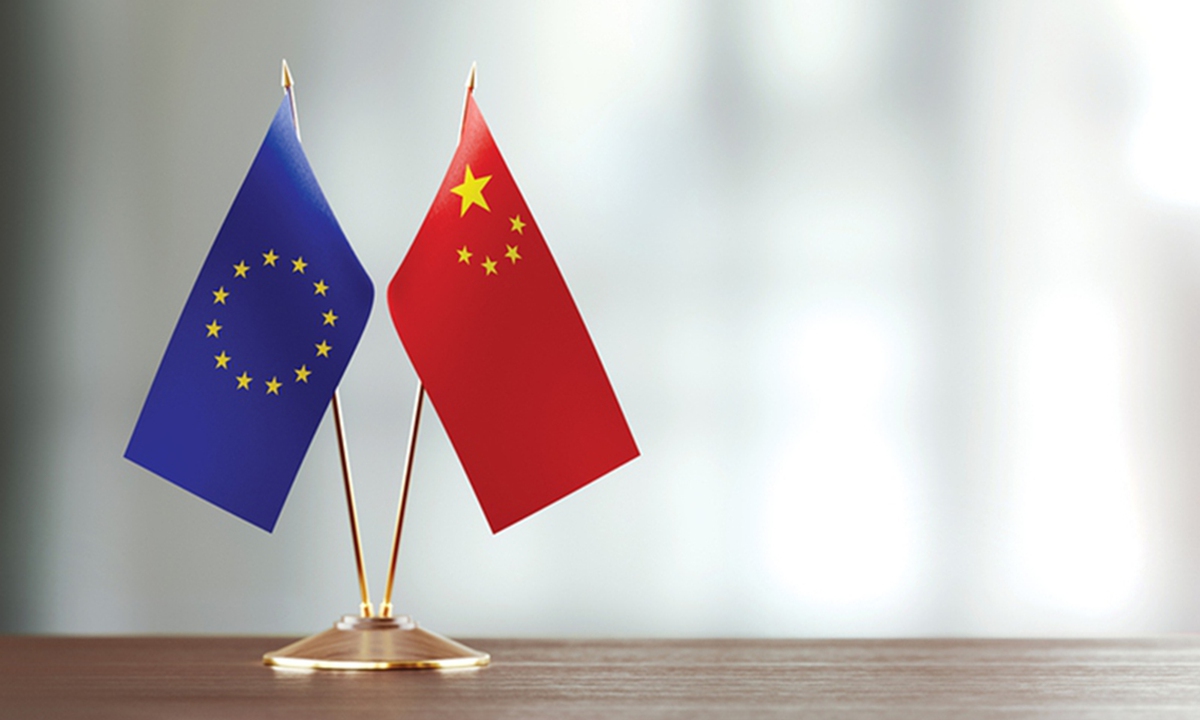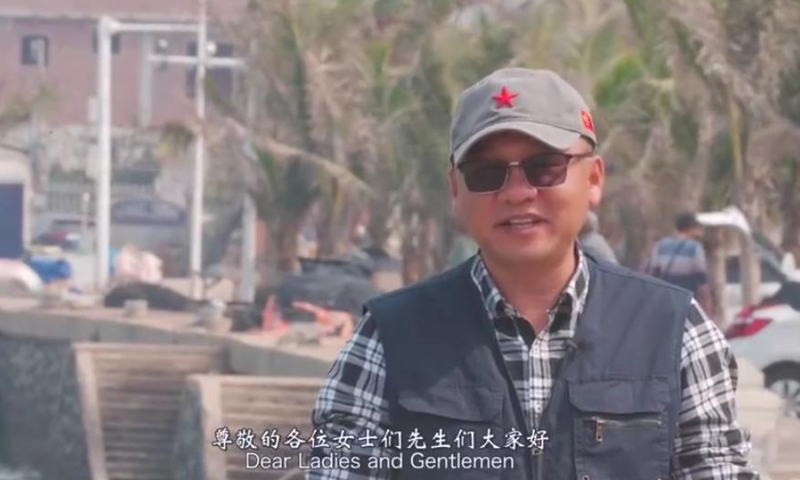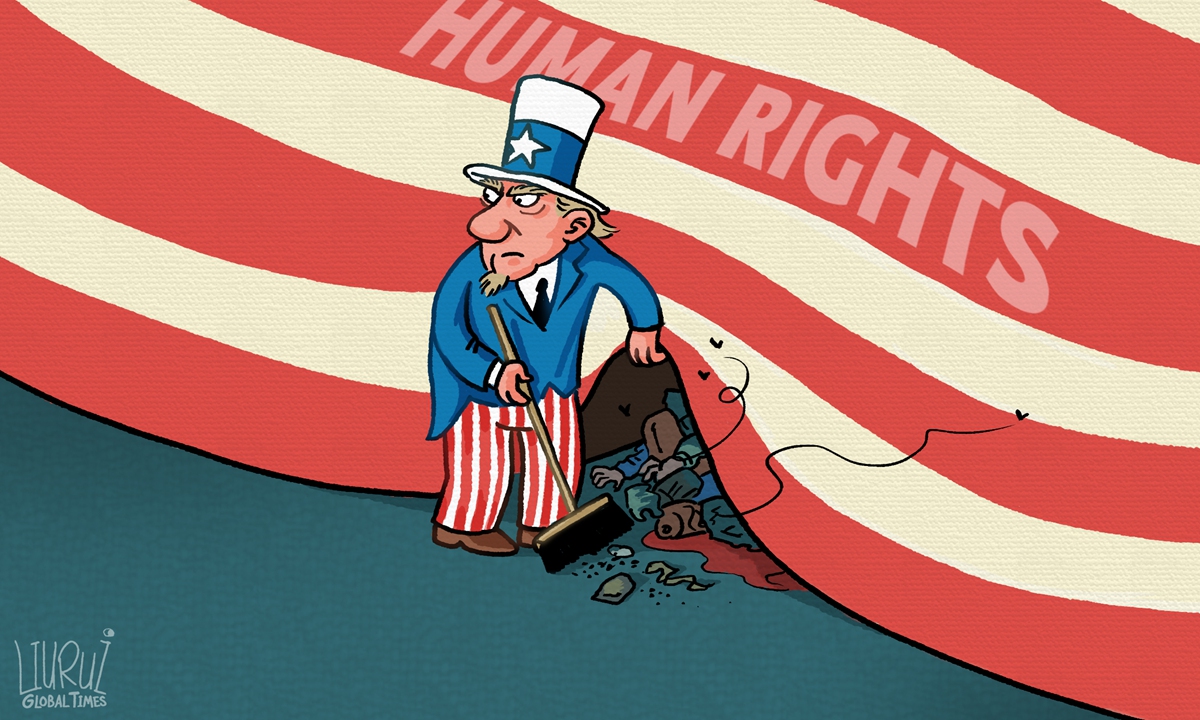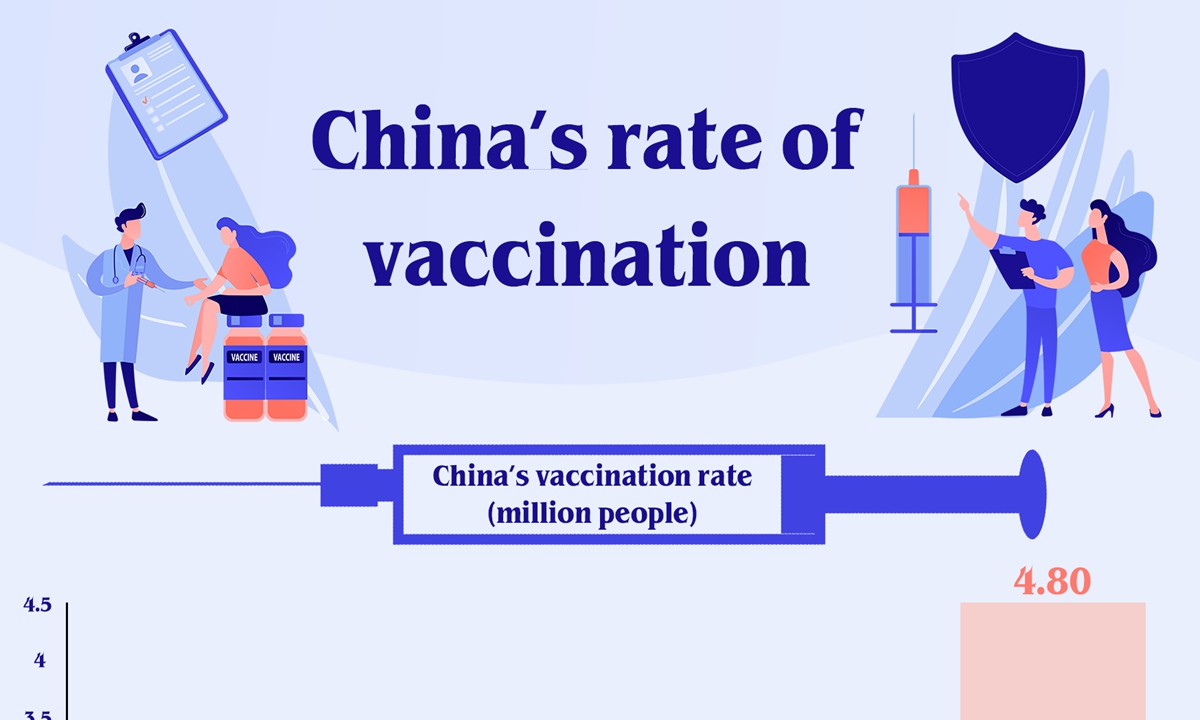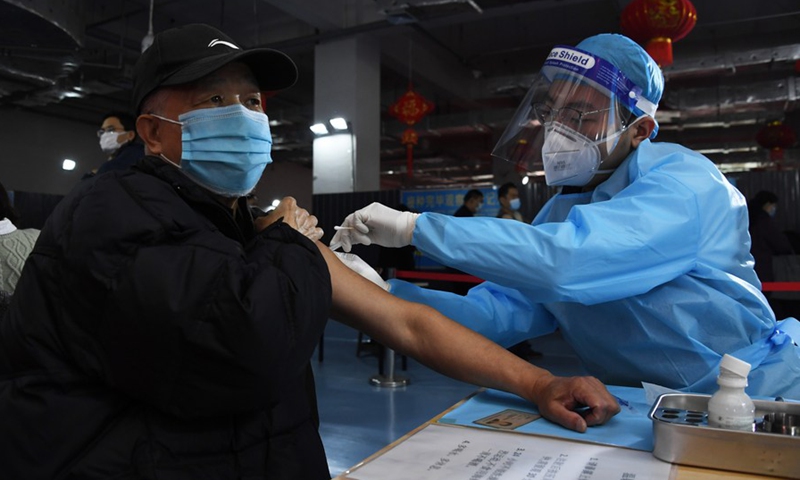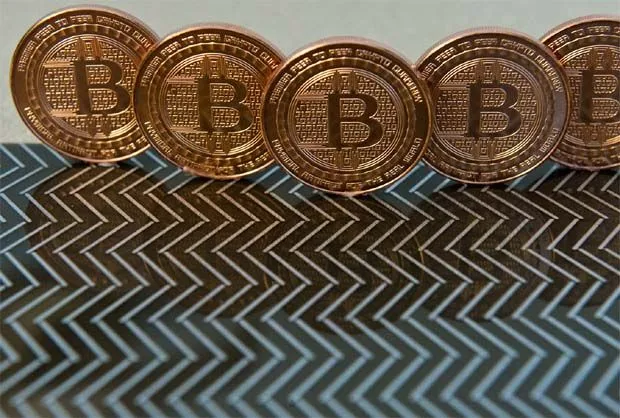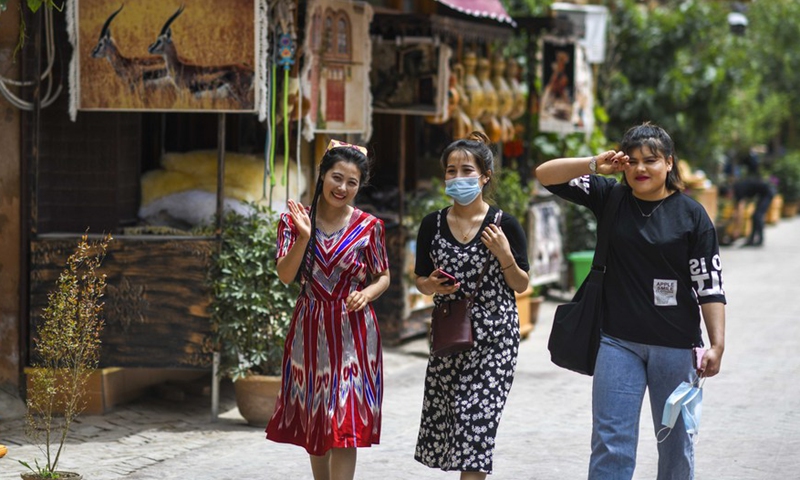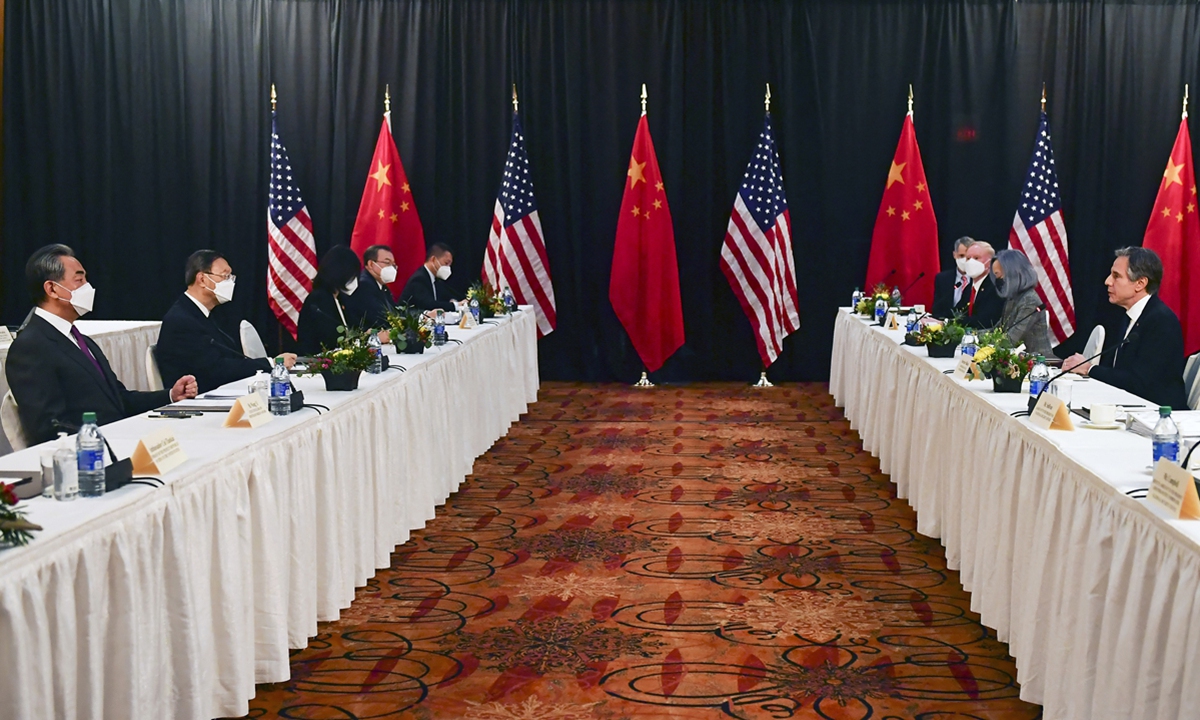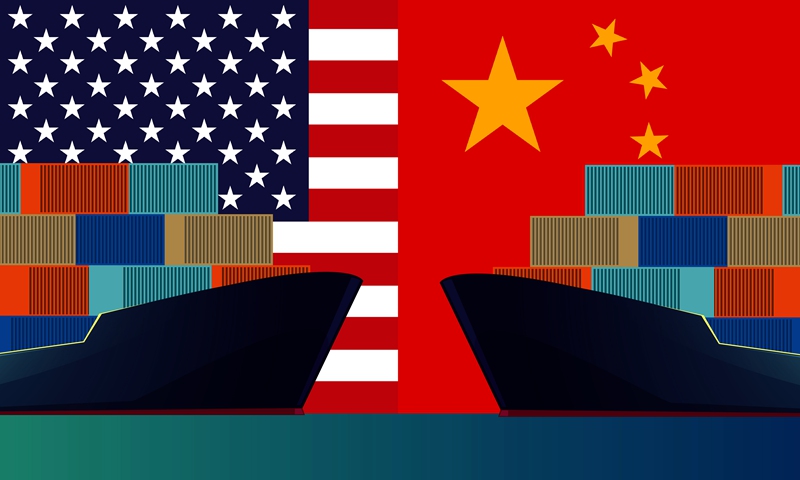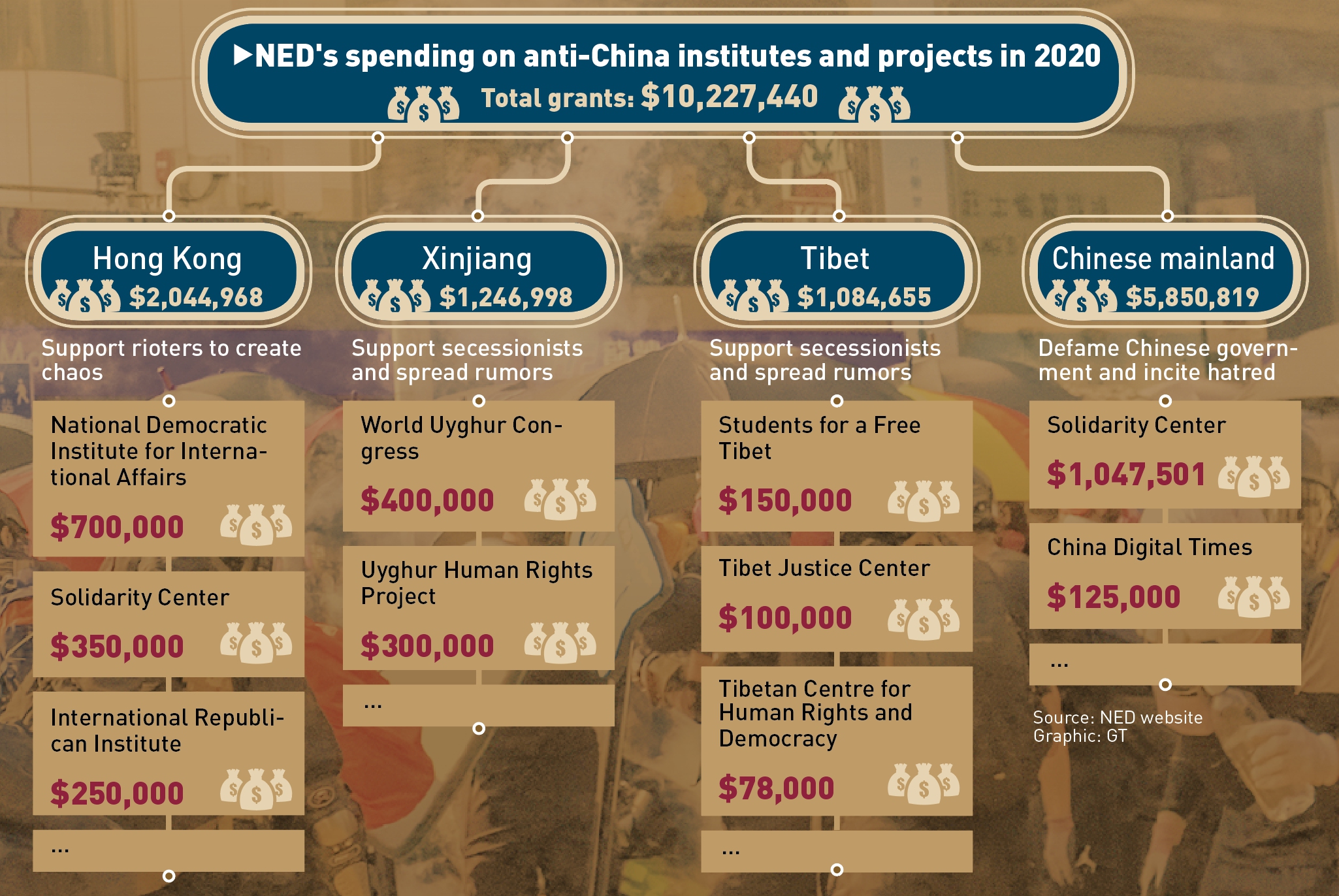反仇视亚裔浪潮席卷全美 “人权灯塔”为何常年灯下黑?20210330 |《今日关注》
MY sister and her husband, both senior citizens, are very cautious about going out.
It’s not just because of Covid-19. It’s because they fear being victims of a hate crime in their country for simply being Chinese. The country? Australia.
Which is ironic because they made the difficult decision to leave Malaysia 30 years ago to give their children a better future in a nation they believed would play fair and recognise talent with no quota system based on race.
But anti-Asian sentiments are making headlines everywhere as the number of attacks on people who look “chinky” rise alarmingly in many Western countries.
A study on police records in 16 of the largest American cities showed hate crimes increased 150% against Asian people in 2020. The latest is the March 16 attack on three Atlanta spas that killed six Asian-American women.
In the UK, hate crimes toward Chinese, East and South-East Asians rose 300% in just the first quarter of 2020. In Vancouver, Canada, the number rose from a mere dozen in 2019 to 142 in 2020, a 717% increase.
And an Australian National University survey of more than 3,000 people found 85% of Asian Australians reported at least one instance of discrimination between January and October last year.
My sister and her husband live in Sydney and being sensible people, they wear their face masks whenever they venture out. That has earned them brushes with white idiots who come up to them and deliberately cough in their faces.
The pandemic, because of its assumed origins in China, has brought out latent, long-simmering resentment, prejudice, even jealousy towards Asians in Western countries.
Asian immigrants, notably the Chinese, because of their capacity for hard work and determination to succeed, created backlashes wherever they landed in droves.
The United States and Australia treated the Chinese badly. Brought in to work on building America’s railroads, they were accused of stealing jobs from the whites. Chinese gold miners in Australia faced the same accusation. Both countries enacted anti-Chinese immigration laws; the US Chinese Exclusion Act of 1882 and the White Australia Policy of 1901 to 1911.
The second half of the 20th century was a better time for Asians in the West with the rise of human and minority rights but racism never completely went away.
Emboldened by former president Donald Trump’s four years of insane leadership, the racists in America wormed their way out of the woodwork to wreak havoc on the country’s race relations, particularly in the treatment of black Americans.
Covid-19 gave them the perfect ammunition to revive old hatred towards Chinese people and fuel resentment against China’s rise as a superpower. Since they can’t tell us apart, all East Asians are attacked.
The hate crimes spurred The Washington Post to look at past episodes of a similar nature. One was the 1900 outbreak of bubonic plague in San Francisco in which the Chinese community was made the scapegoat:
“It is likely that the outbreak began with a ship from Australia, but since the first stateside victim was a Chinese immigrant, the whole community was blamed for it. The episode was a prelude to the racism that has been aimed at Asian Americans during the coronavirus pandemic... Trump frequently called it ‘the China virus, ’ ‘the Wuhan virus, ’ and the ‘Kung Flu’.”
What hit me hard was what theconversation.com had to say:
“Research has found that most Americans assume a person of Asian descent is foreign-born, unless there is some aspect of their appearance that clearly marks them as American – such as being overweight.” (This is hilarious, I must say.)
“Asian Americans of all types experience this perception of being ‘forever foreigners’ in a wide range of ways. Regardless of whether some or all – or none – of these latest assaults on Asian Americans are proved to be hate crimes or not, race plays a historic role.”
“Forever foreigners”. Now doesn’t that make you think of how Malaysian Chinese (and Indians) are forever called pendatang? Indeed, race plays a huge role in our history too, and still does.
It was just last month that HRH Sultan Ibrahim Sultan Iskandar felt the need to say that where Johor is concerned, the Chinese are not pendatang but guests invited in by his forefathers dating back to the 16th century to help develop the state.
“They are the ‘Bangsa Johor’ – just like the Malays, Indians and others, who are all Malaysians, ” he was quoted as saying in the interview with Sunday Star (“’The Chinese are not pendatang’”, Feb 21; online at bit.ly/star_chinese).
That was a nice gesture but as Sabahan anthropologist Dr Vilashini Somiah writes in The Evolution of Pendatang on newnaratif.com, the word meaning immigrant, which was originally neutral and without political insinuations, has evolved since the late 1970s to become derogatory and disparaging.
She says the word has been weaponised and “Today, pendatang is used by Malaysian politicians as an exclusionary tool of identity politics” and as a divisive and exclusionary insult by members of the public.
As an example, Dr Somiah recounts the 2010 incident in which a school head called all non-Muslim students “pendatang” and told them to “balik” (return) to their “country”.
That same taunt to go back to China was thrown at Asians in Western countries since the start of the pandemic. We have had none of that in our part of the world.
I did not fear being spat at or coughed on by fellow non-Chinese Malaysians. For once, in a country that is obsessed with race and where every form requires us to state our ethnicity, that did not seem to matter in the fight against the coronavirus.
Malaysians have been fortunate that no major racial riots have taken place since May 13,1969, but the reality is, our race relations have been fraying for decades.
Time and time again, certain politicians have shamelessly alluded to the possibility of another May 13 whenever they felt the need to warn “immigrant” Malaysians not to be too demanding of their rights.
The anxiety my sister feels now in Australia will surely pass and hopefully they remain safe from harm. But this ugly period will not make them regret their decision to emigrate. After all, their sacrifices paid off as their children are doing very well in Sydney.
The most important thing is racism is no longer institutionalised or legitimised in that country.
Australia has laws that make it a crime to discriminate on the basis of age, disability, race and sex in certain areas of public life, including education and employment.
Even that is not seen to be enough after the spate of pandemic-induced racist attacks and there are calls now to “simplify and strengthen Australia’s racial discrimination and vilification processes... to properly protect victims”.
On the other hand, in Malaysia, where it has long been recognised that racial polarisation has increased while racial and religious tolerance has ebbed, the previous short-lived government did plan to table a Religious and Racial Hatred Act to curb the growing number of such cases, particularly on social media.
Back in 2018, the then Minister in the Prime Minister’s Department (Religion) Mujahid Yusof Rawa said the law was to “ensure that our multi-religious and multiracial society is protected from being insulted and belittled”.
But in August 2020, Perikatan Nasional’s National Unity Minister Datuk Halimah Mohamed Sadique told the Dewan Rakyat that there would be no new law as existing ones are able to look after interracial and religious harmony in the country.
I wish I could believe she’s right but as a born and bred Malaysian of Chinese descent who has no desire to call anywhere else home, I think more can be done.
For one, I would like to see calling someone like me a pendatang forever banished.
The views expressed here are entirely the writer’s own.
Related:
Understanding anti-Asian hate: You eat dogs, don't you?
Racism is behind anti-Asian American violence, even when ...
Anti-Asian Attacks and Hate Crimes on the Rise Worldwide ...
Hate crimes against Asian Americans surge in US - Nikkei Asia
Anti-Asian racism reaches 'crisis point' in Canada, advocates ...
Xinjiang regional govt condemns, refutes lie-based EU sanctions
The Xinjiang regional government on Tuesday condemned the EU sanctions, calling the lie-based sanctions using the excuse of "human rights" pure interference in China's internal affairs.
EU has no right to blackmail China: Global Times editorial
The CAI between China and the EU is mutually beneficial, rather than a gift from the EU to China.
The Report on Human Rights Violations in the US in 2020
Related posts
When racism is not simply black and white
US can't accept painful fact that China is now its equal: Martin Jacques
Searching for Covid-19’s origin





